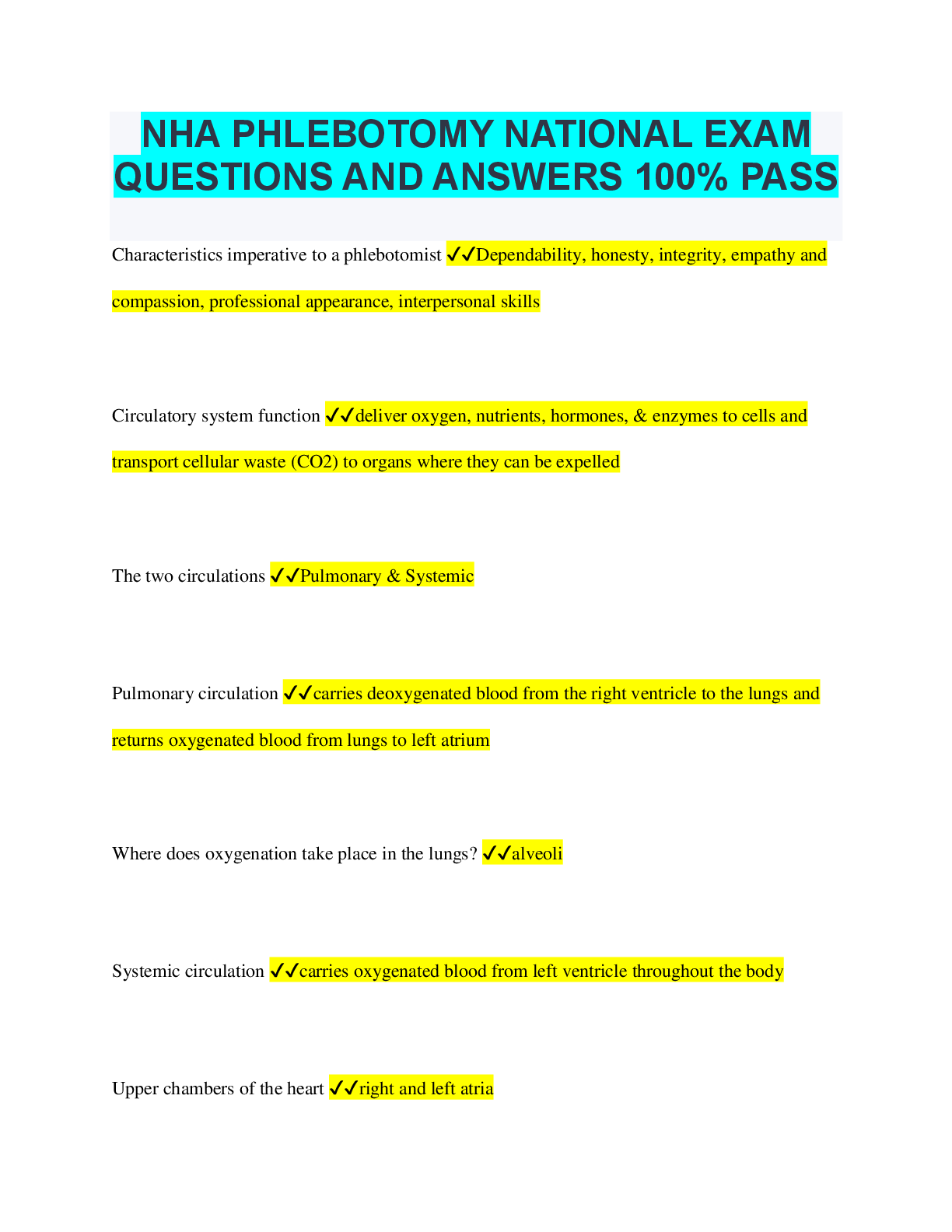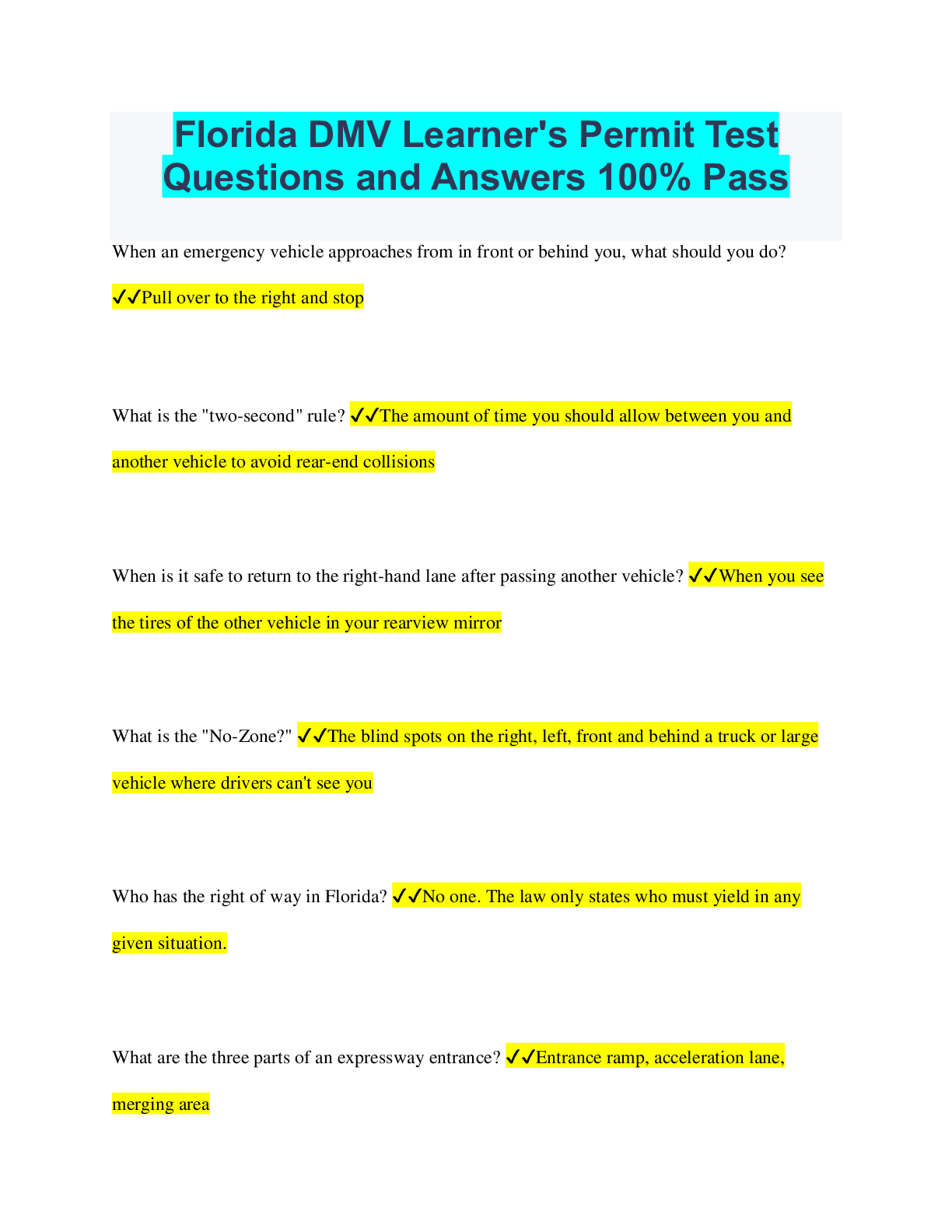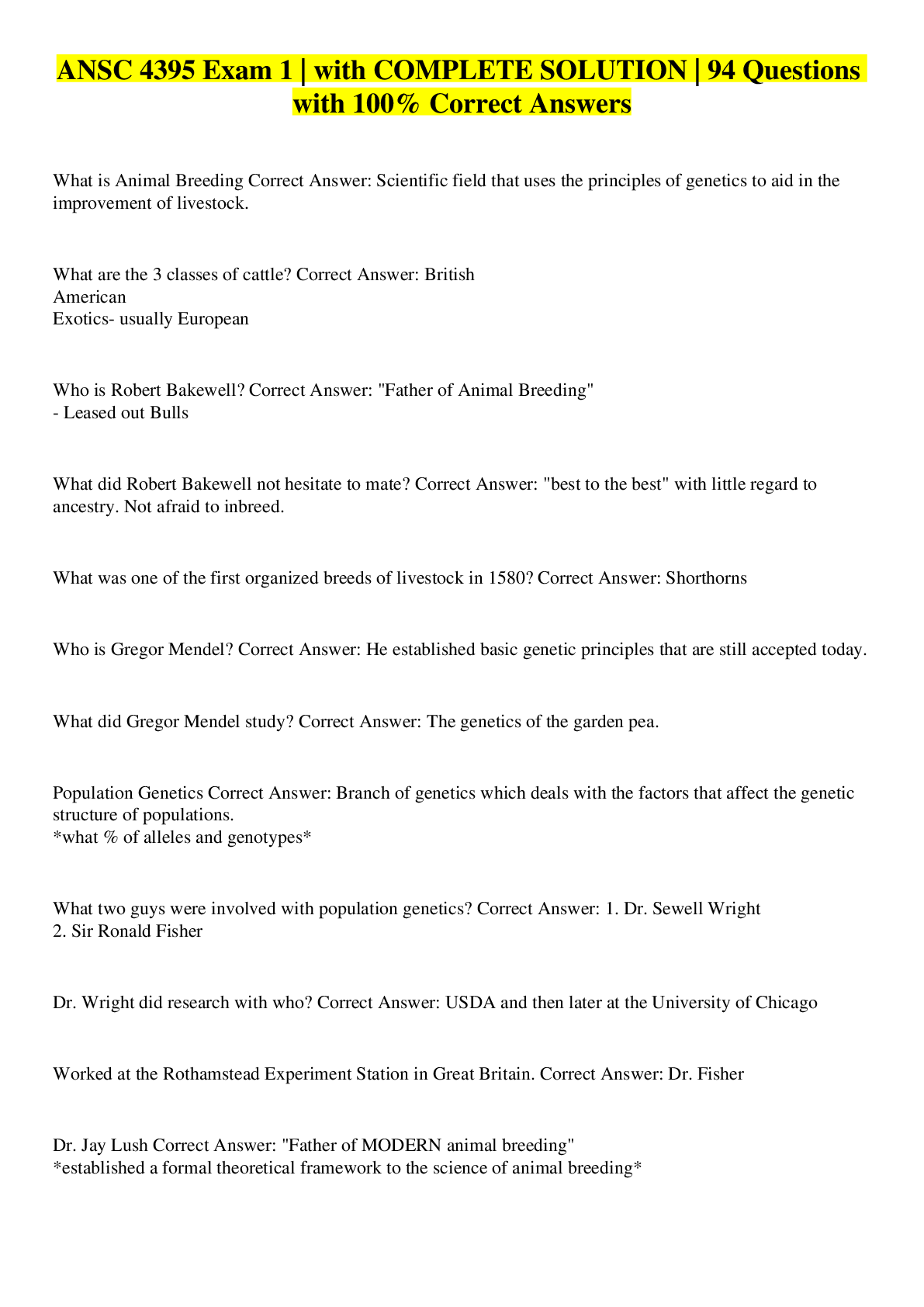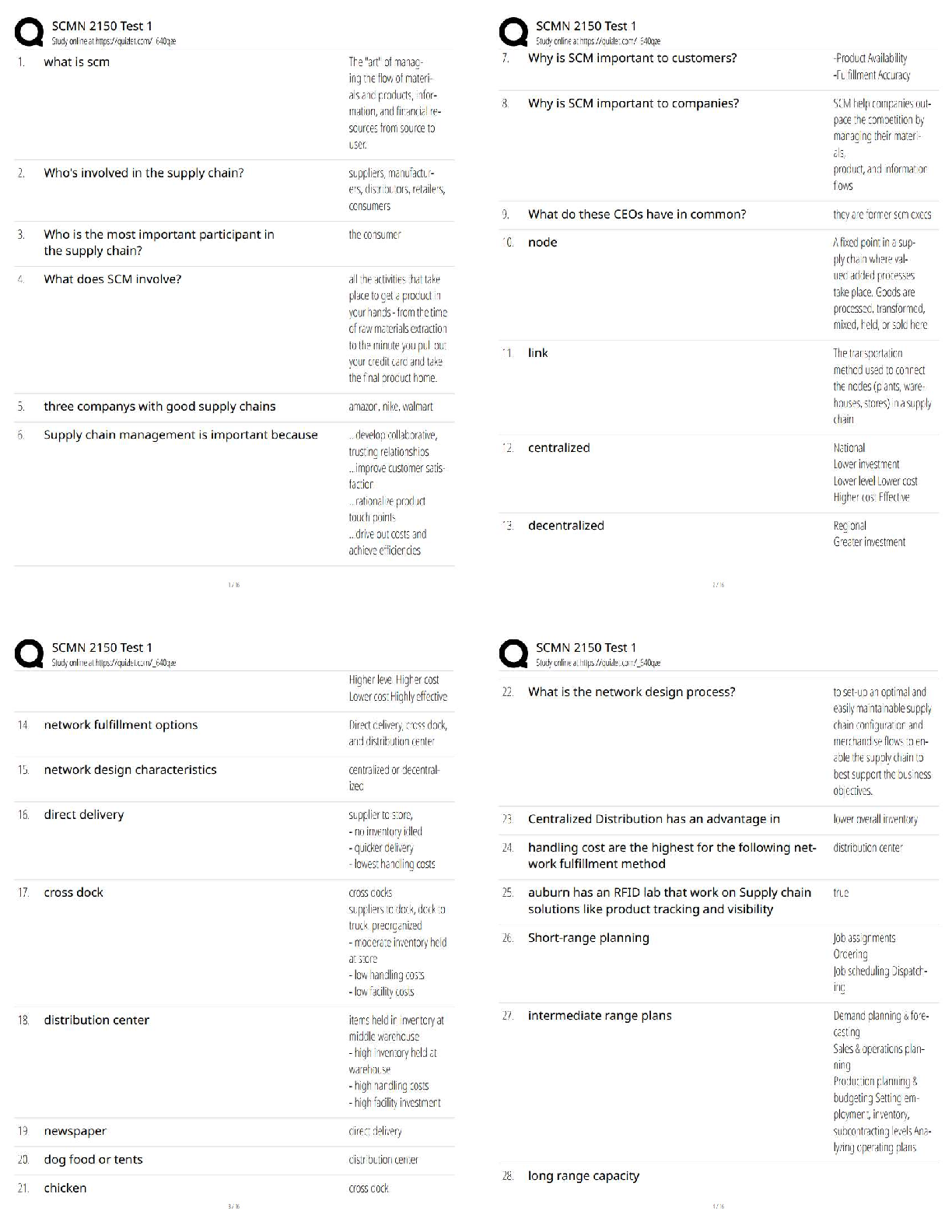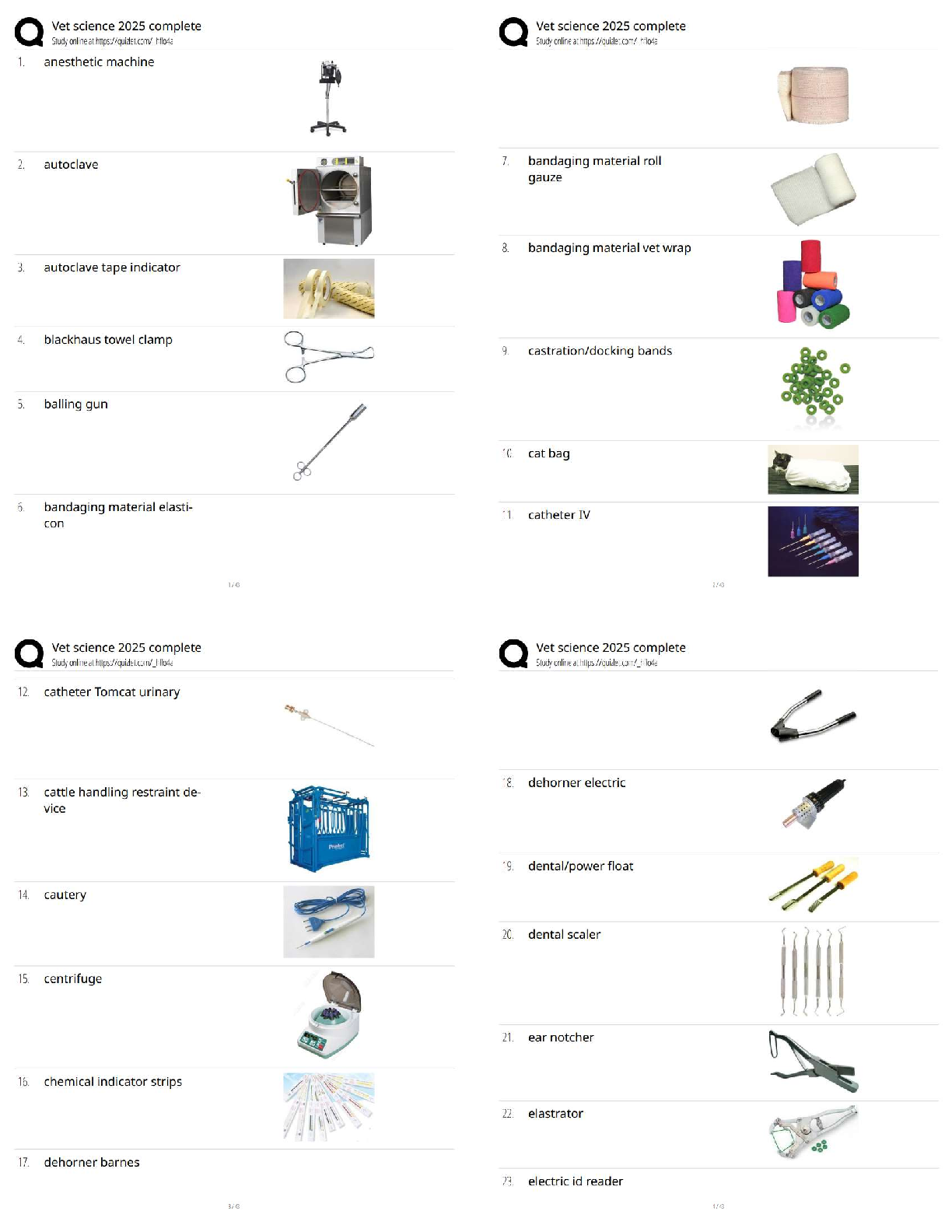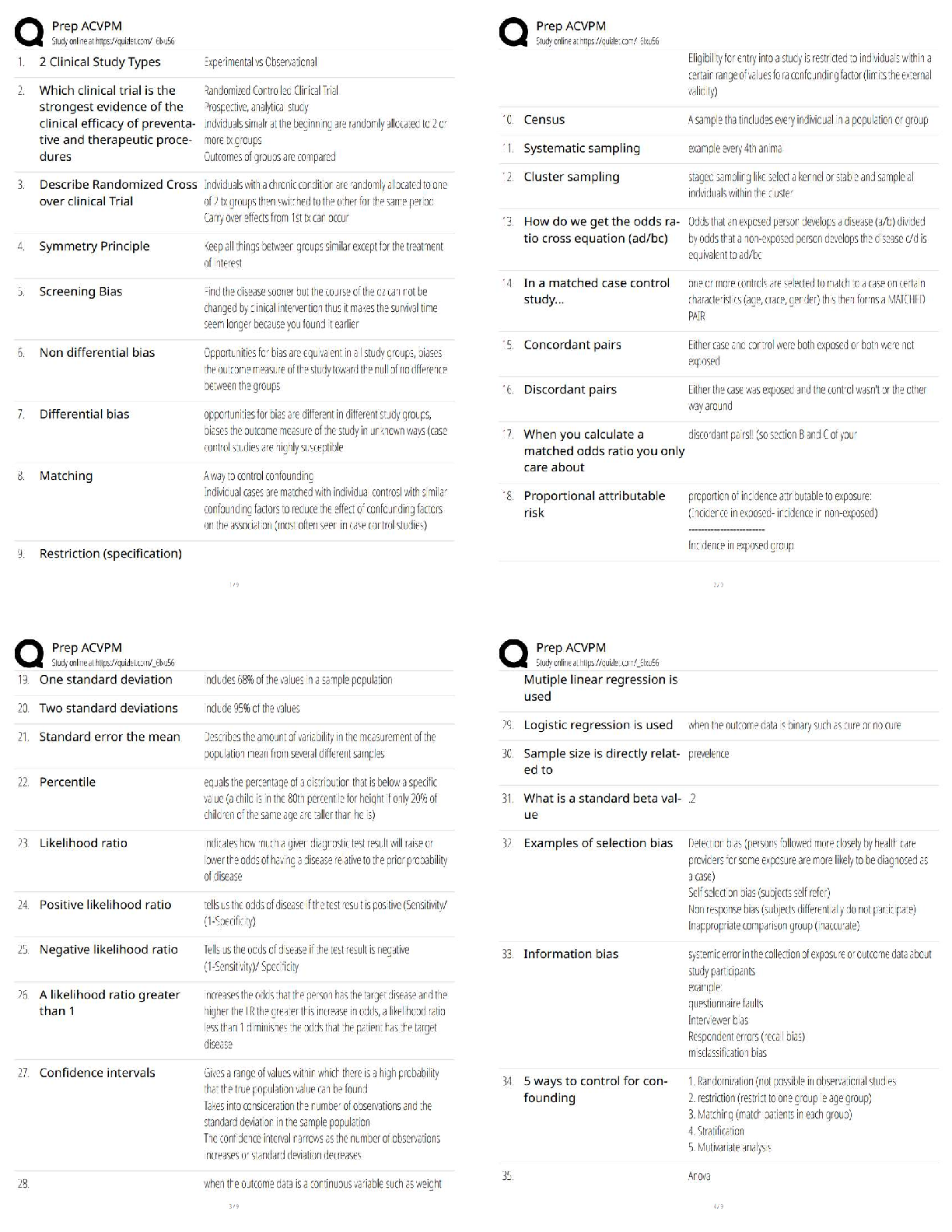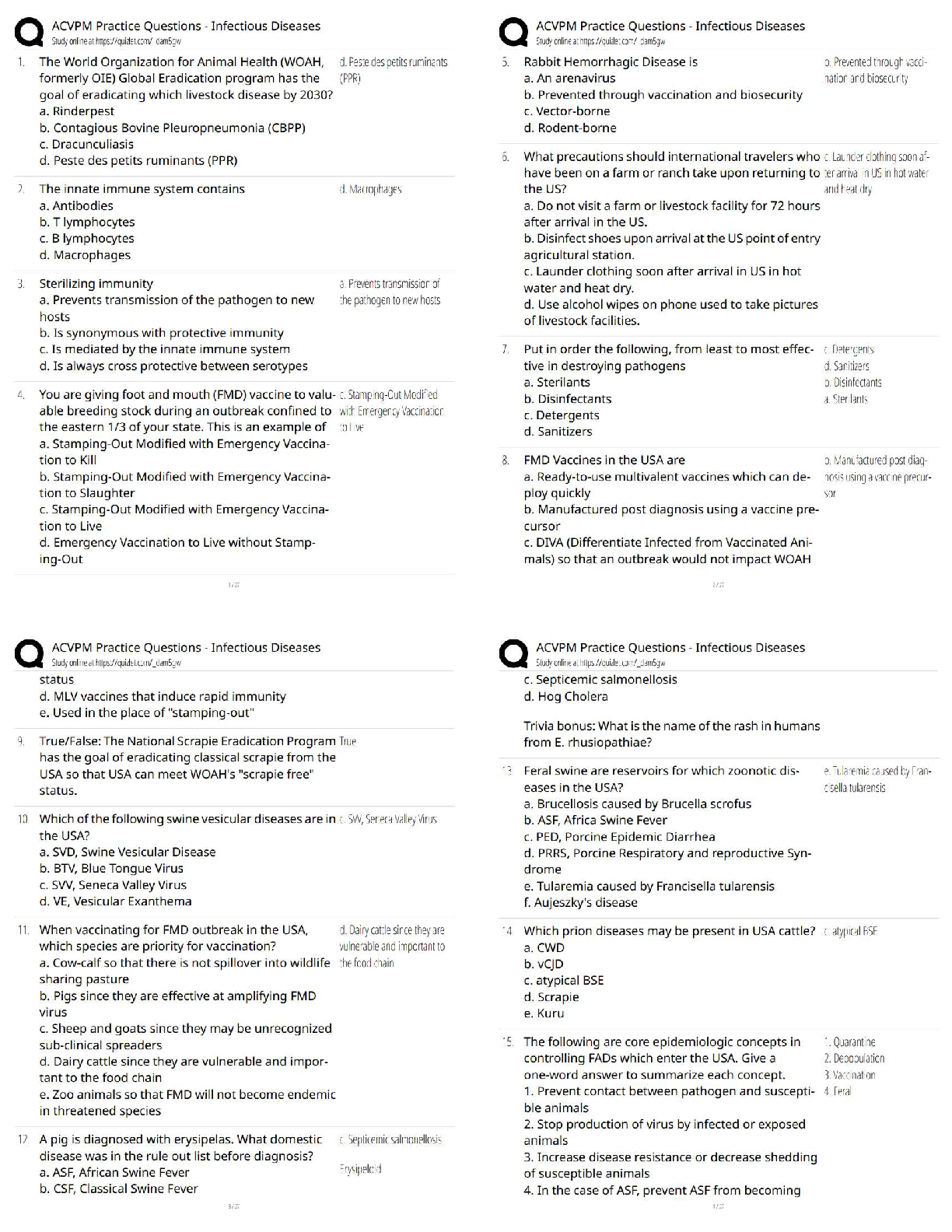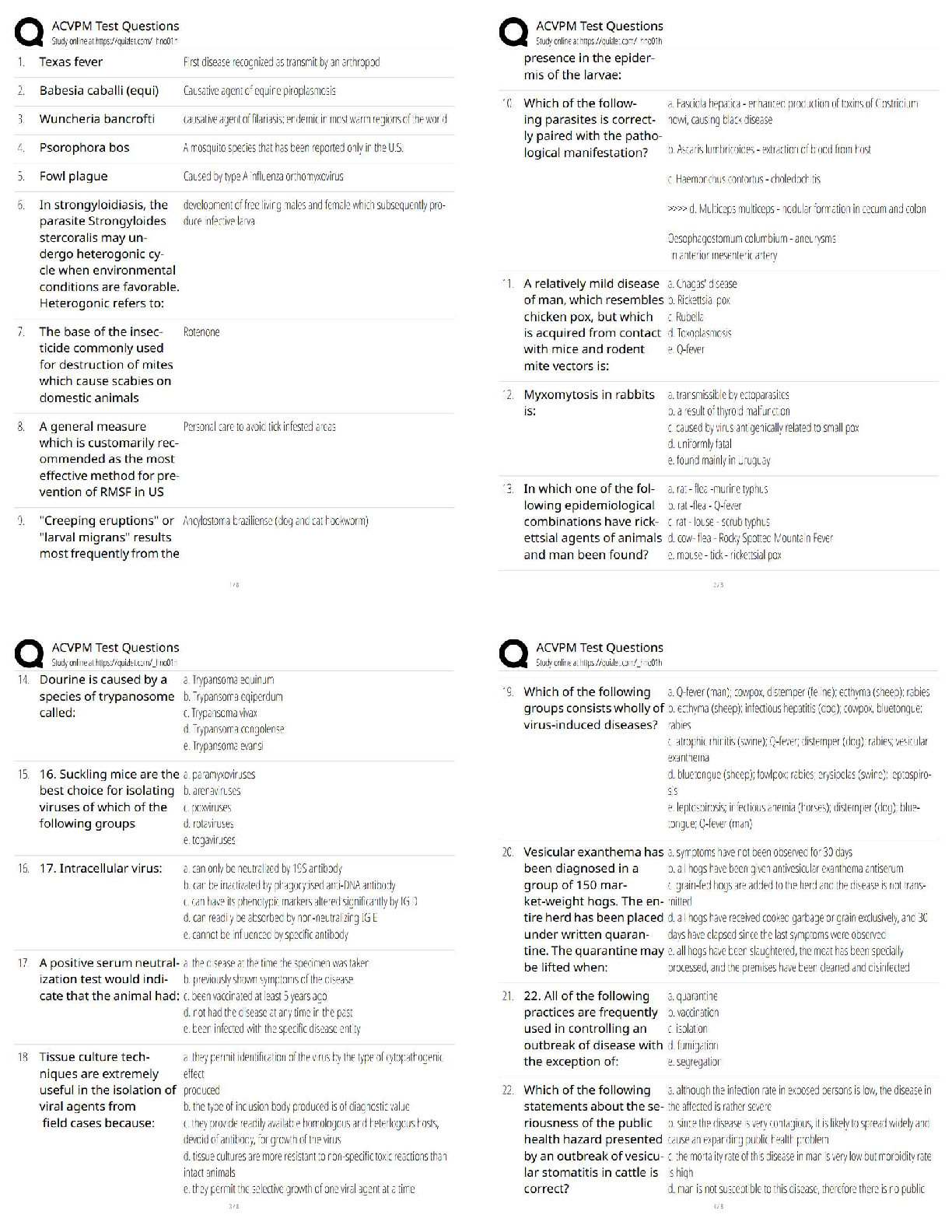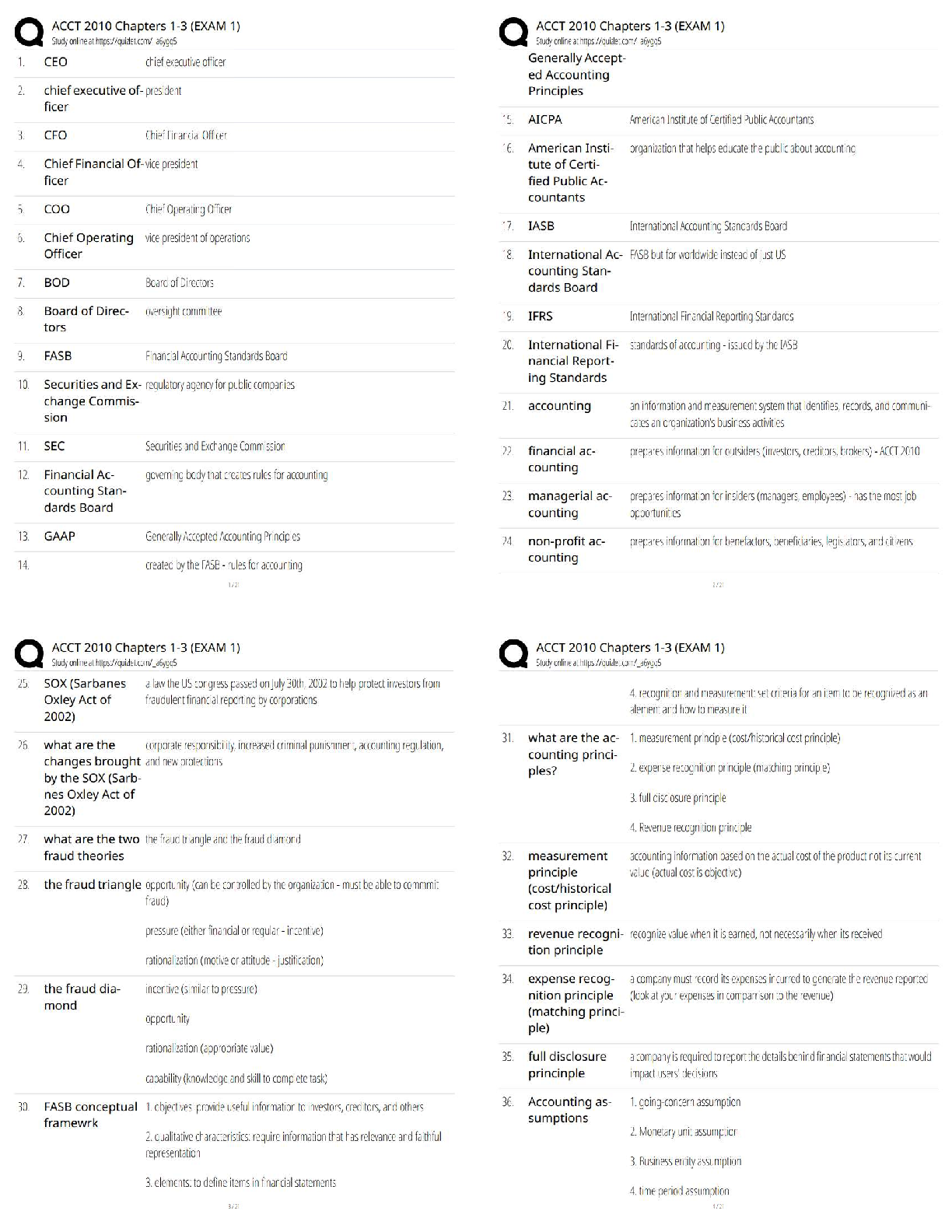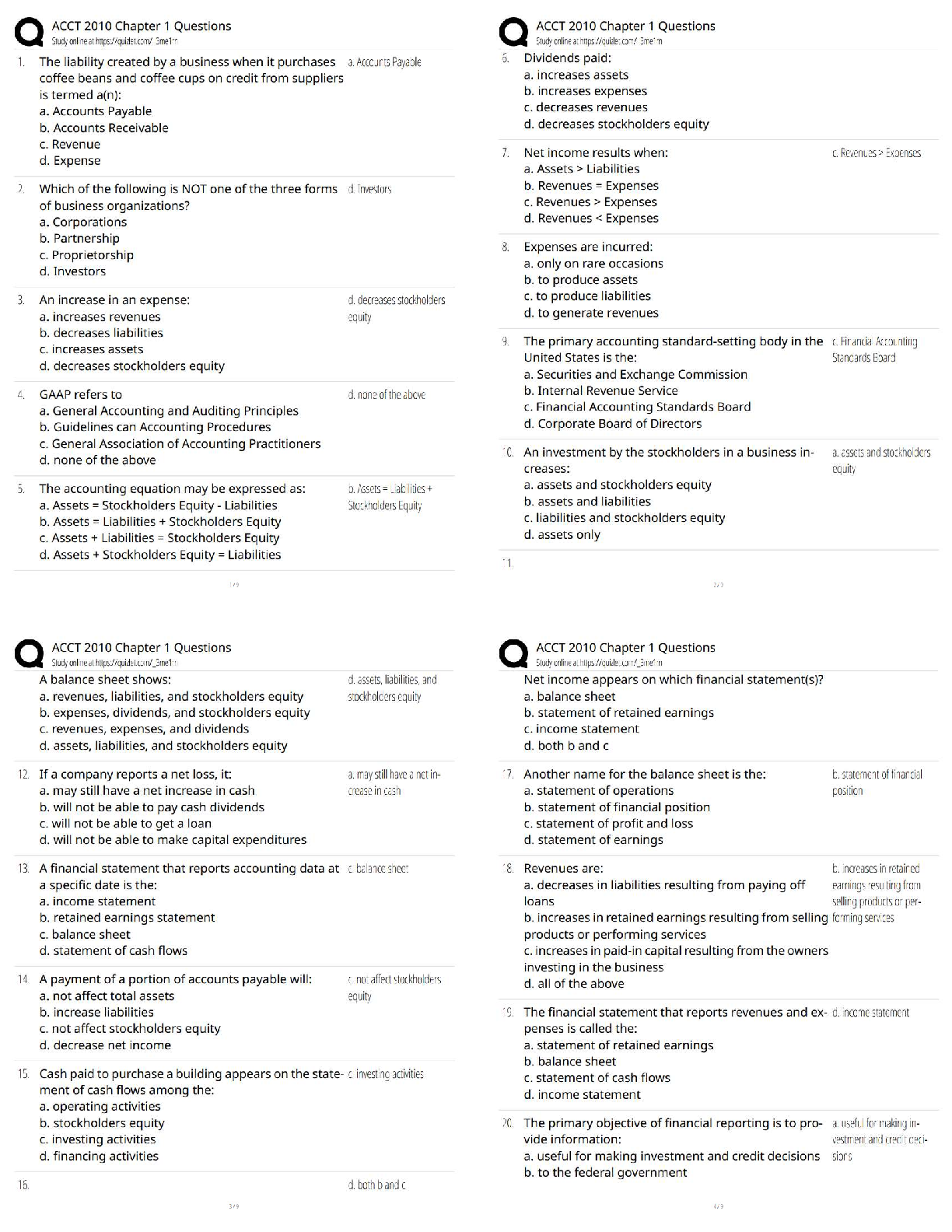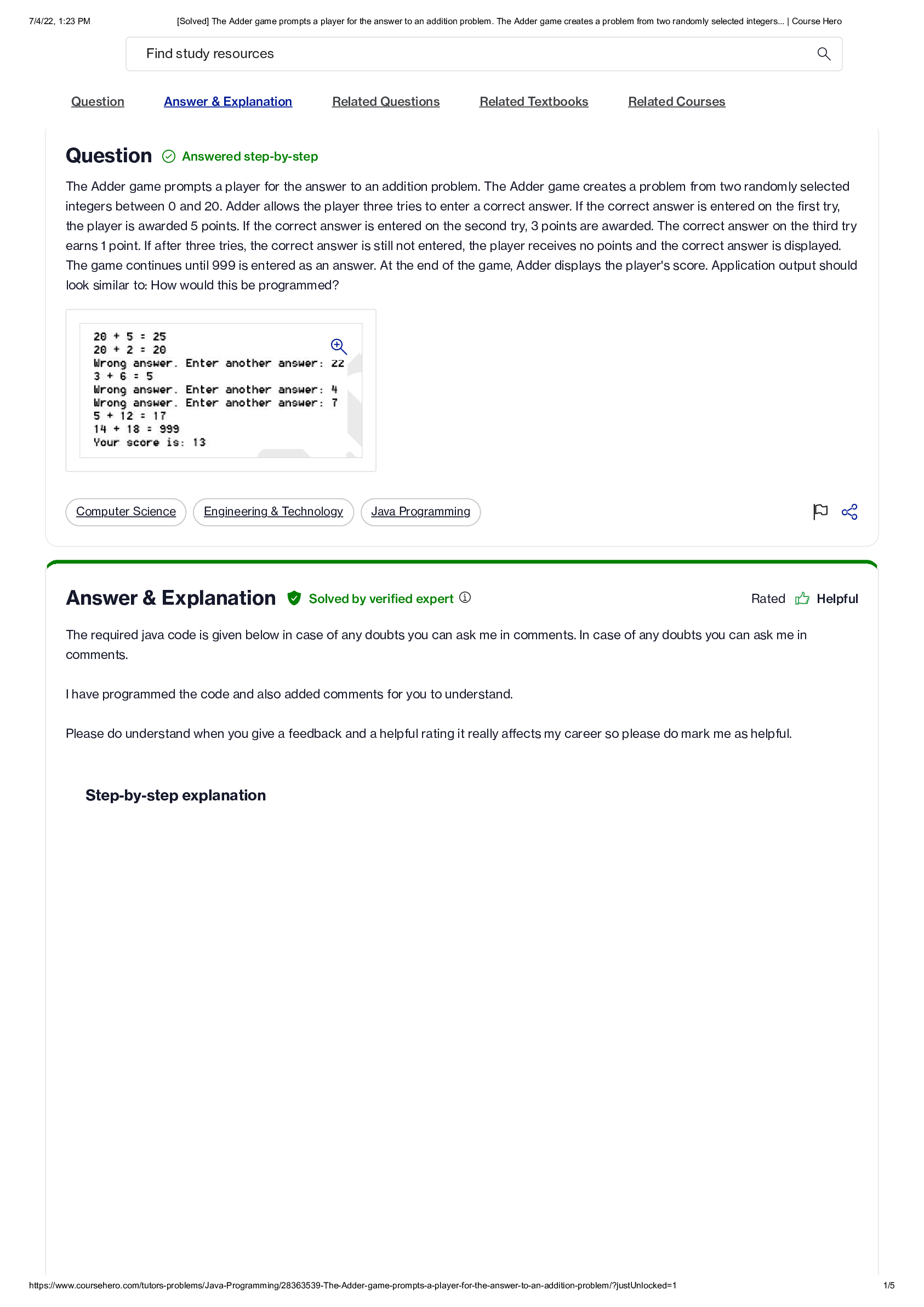AP Euro Unit 1 Test Already Passed
Joan of Arc ✔✔Deeply religious girl. Came to Charles VII and claimed to have heard the voices
of saints ordering her to save Orleans. Fought in the Hundred Years War and helped the Fr
...
AP Euro Unit 1 Test Already Passed
Joan of Arc ✔✔Deeply religious girl. Came to Charles VII and claimed to have heard the voices
of saints ordering her to save Orleans. Fought in the Hundred Years War and helped the French.
Captured by the English. Burned as a heretic.
Wars of the Roses ✔✔English aristocratic families (with their armies) fighting other families for
control. Lancaster vs York. Henry Tudor wins (Henry VII). Tudor dynasty begins in England.
Holy Roman Empire ✔✔Large, powerful kingdom with territory throughout central Europe
Spanned from the North and Baltic Seas to the Adriatic and Mediterranean Seas and from Bohemia
to Burgundy
Emperor Charles IV (1355-1378)
Occupied almost entirely by Germanic people
Decentralized
Emperor Charles IV ✔✔• Passed the Golden Bull
• Emperor of the Holy Roman Empire
• Turned Prague into a cultural center
• Fostered a literary and artistic Renaissance
• Gave up political power as Emperor
Golden Bull ✔✔• Edict passed by Emperor Charles IV
• Holy Roman Emperor chosen by seven great princes of the empire without consultation with the
pope
• Reduced power of emperor
Black Death/ Plague ✔✔• Virulent combination of pneumonia, bubonic plague, septicemia
• Killed a third to one half of European population
• Loss of social and moral codes
• Created a labor surplus
• Infrastructure fell apart as farming, manufacturing went dormant
Jacquerie ✔✔• Labor surplus led to higher wages for peasants
• Nobles, aristocracy did not want to pay more, demanded pre-plague wages
• Local nobles, French king increase taxes, local demands
• Peasants revolt, not chivalric in nature
• Anticlerical (attacked church structure)
• Ended by completed dissection of French Army
Etienne Marcel ✔✔• Wealthy Parisian cloth merchant
• Angered with the French aristocracy, elite
• Wanted to control French finances and fiscal reforms
• Followers included merchants, guild elite, and peasants
• Ended by complete force of the French Army
Hanseatic League ✔✔Monopolized northern grain trade along Baltic Coast
League had rights to export Scandinavian fish throughout Europe
Influx of Baltic Grain sent Europe into a 200+ year depression
Avignon ✔✔• Clement V (1305-1314) moved papacy to Avignon in 1305 from Rome
• Under French control
• Home of papacy from 1305-1377
• Papacy concentrated on legal and fiscal reforms
• Led to Great Schism
Indulgences ✔✔• Pope transfers positive balance to sinners in return for pious acts including
contributing money to church
• Could be purchased for ones own use or to assist souls of family members in purgatory
• Major source of church's revenue
benefices ✔✔• Second source of major revenue, especially for Papal income
• B/c Popes could appoint bishops/other leaders they would also collect taxes for such
appointments
• Benefices are Church offices
• Encouraged pluralism: individuals could acquire many benefices
Great Schism ✔✔• 1377: Pope Gregory XI returned papacy to Rome; died immediately after
• Italians surrounded church demanding Italian Pope
• Cardinals elected Urban VI who insulted all Italian Cardinals; Cardinals claim election null-andvoid, elect Clement VII who takes up residence at Avignon
• Church has two Popes
• Great Schism created many questions: "Where do taxes go, where do appointments come from?"
• Divided Europe
Conciliarism ✔✔• Idea that a church council could end schism
• Popes disliked b/c it suggested that an assembly of the Church had more power than the Pope
• At first worsened situation, electing a third Pope
Council of Constance ✔✔• Held from 1414 to 1418
• Under Emperor-Elect Sigismund, cardinals, bishops, abbots, and theologians from across Europe
met to resolve the Great Schism
• Idea that Popes power could be controlled through frequent councils
• Ends multiplicity of Papal office
• Elected the impartial Pope, Martin V, ends schism
Witches Hammer ✔✔• Handbook for hunting witches, including procedures to induce their
confessions
• Written by Heinrich Kramer and Jacob Sprenger
• Natural disasters such as plague and human disasters promoted fear of witchcraft, "witches" were
blamed for troubles
• Accused witches were most commonly women on the margins of society
• Started witch hunting craze
John Wycliffe ✔✔• 1330-1384
• Unorthodox Christian who questioned the church's right to wealth
• Said that the value of ideals depended on the worthiness of the priest
• Protected by secular lords and followers in England
• Held ideas such as that Christ was present in Eucharist only in spirit, indulgences were useless
and predestination was more important individual merit
Lollards ✔✔• Followers of John Wycliffe
• Weren't suppressed until Henr
[Show More]
.png)

.png)






